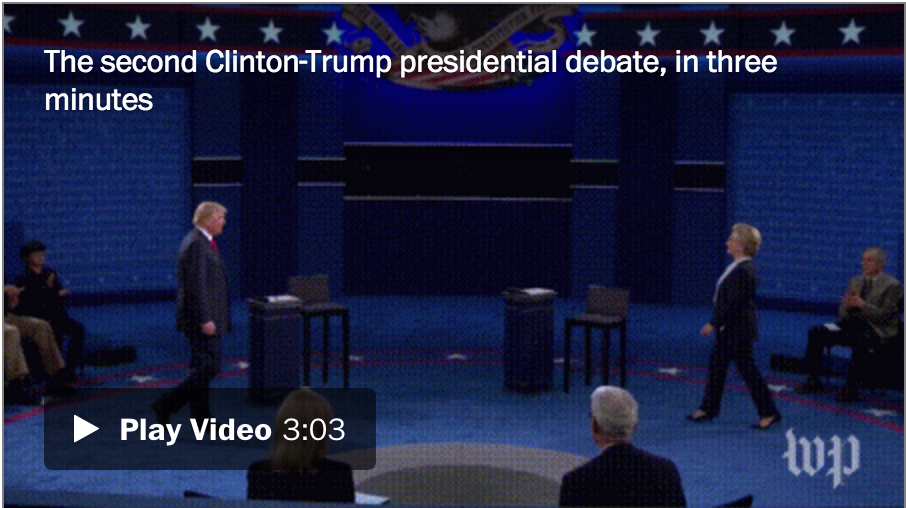Giving Voice to the Voiceless
Day 4, Kurdistan Iraq
Today during our pastoral visit with Cardinal Dolan, chair of the Catholic Near East Welfare Association (CNEWA), our mission brought us within a few miles of the Turkish border and a few miles from the devastated city of Mosul.
Our mission today and every day here in Kurdistan, Iraq is to show solidarity with those suffering from the ravages of ISIS persecution of Christians, Muslims and the Kurdish religious community called Yazidis. No group seems to have been spared.
We visited an inspiring CNEWA medical clinic with state-of-the-art medicines and equipment that treats those displaced and now settled in the city of Duhok. Once again, many of the staff are also displaced individuals. The clinic serves Yazidis, Muslims and Christians with a staff whose spirit and dedication are palpable. Hundreds are helped each day in a range of specialities.
We then visited a local parish and celebrated Sunday Mass with a vibrant congregation composed of hundreds of families displaced in the past two years. The Patriarch’s Vicar celebrated the Liturgy in an Eastern rite and Cardinal Dolan preached. For me, one of the most moving parts of the Mass was hearing the congregation pray the Lord’s Prayer in Aramaic – very likely a modern version of the language in which Jesus actually taught the prayer to his disciples. Meanwhile, the young adult choir rivaled any choir I’ve heard for their sound and exceeded most for their prayerfulness.
As we traveled to a nearby refugee camp we were reminded of some of the tragic history of the past 25 years. We passed, for example, the huge palatial summer retreat of Saddam Hussein high on a hill. Near it was a pond that, we were told, had been filled with dolphins so he could watch them play. His former retreat, now with a Kurdistan flag waving over it, is in complete disarray. As for the refugee camp, it holds more than 800 families. Among these families, 80% are Yazidis, 10% are Christians and 10% are Muslims. The local priest is integrally involved; he ministers to all the families in the camp. There are signs of new life as well with a number of pregnant woman ready to soon add another child to their families. The bishop who celebrated the liturgy for these displaced refugees expressed gratitude for the visit by Cardinal Dolan and CNEWA. And he emphasized how important it is that the world not forget the tragedy that happened here and the help that is needed.
Our mission with CNEWA is pastoral, not political. Sometimes this difference requires a compassionate nuancing that our world has difficulty understanding. To put it plainly, pastoral deals with the whole human person, their spiritual and basic human needs. An often quoted sentence from Church teaching reminds us that nothing human is outside the concerns of the Church, God’s people. I heard these concerns firsthand today as pastors and parishioners from the local Church of Iraq movingly expressed their community’s pain and suffering. They resolutely and directly pled for assistance they feel can only be delivered by the government of the United States.
A pastoral mission in solidarity with a persecuted people cannot tune out these voices of pain, frustration and anger. It is necessary to make sure their concerns are heard, that they are included in the debate over the proper response to the ongoing persecution of Christians and others in Iraq and throughout the world. Giving voice to the voiceless is not only pastoral; it is prophetic.
![FullSizeRender[16]](https://justloveblog.org/wp-content/gallery/CNEWA-Mission-in-Iraq-Day-4/FullSizeRender16.jpg)
![FullSizeRender[33]](https://justloveblog.org/wp-content/gallery/CNEWA-Mission-in-Iraq-Day-4/FullSizeRender33.jpg)
![FullSizeRender[30]](https://justloveblog.org/wp-content/gallery/CNEWA-Mission-in-Iraq-Day-4/FullSizeRender30.jpg)
![FullSizeRender[28]](https://justloveblog.org/wp-content/gallery/CNEWA-Mission-in-Iraq-Day-4/FullSizeRender28.jpg)
![FullSizeRender[27]](https://justloveblog.org/wp-content/gallery/CNEWA-Mission-in-Iraq-Day-4/FullSizeRender27.jpg)
![FullSizeRender[26]](https://justloveblog.org/wp-content/gallery/CNEWA-Mission-in-Iraq-Day-4/FullSizeRender26.jpg)
![FullSizeRender[23]](https://justloveblog.org/wp-content/gallery/CNEWA-Mission-in-Iraq-Day-4/FullSizeRender23.jpg)
![FullSizeRender[22]](https://justloveblog.org/wp-content/gallery/CNEWA-Mission-in-Iraq-Day-4/FullSizeRender22.jpg)
![FullSizeRender[20]](https://justloveblog.org/wp-content/gallery/CNEWA-Mission-in-Iraq-Day-4/FullSizeRender20.jpg)
![FullSizeRender[17]](https://justloveblog.org/wp-content/gallery/CNEWA-Mission-in-Iraq-Day-4/FullSizeRender17.jpg)

![FullSizeRender[13]](https://justloveblog.org/wp-content/gallery/CNEWA-Mission-in-Iraq-Day-4/FullSizeRender13.jpg)
![FullSizeRender[12]](https://justloveblog.org/wp-content/gallery/CNEWA-Mission-in-Iraq-Day-4/FullSizeRender12.jpg)
![FullSizeRender[11]](https://justloveblog.org/wp-content/gallery/CNEWA-Mission-in-Iraq-Day-4/FullSizeRender11.jpg)
![FullSizeRender[8]](https://justloveblog.org/wp-content/gallery/CNEWA-Mission-in-Iraq-Day-4/FullSizeRender8.jpg)
![FullSizeRender[6]](https://justloveblog.org/wp-content/gallery/CNEWA-Mission-in-Iraq-Day-4/FullSizeRender6.jpg)
![FullSizeRender[4]](https://justloveblog.org/wp-content/gallery/CNEWA-Mission-in-Iraq-Day-4/FullSizeRender4.jpg)
![FullSizeRender[2]](https://justloveblog.org/wp-content/gallery/CNEWA-Mission-in-Iraq-Day-4/FullSizeRender2.jpg)
![FullSizeRender[1]](https://justloveblog.org/wp-content/gallery/CNEWA-Mission-in-Iraq-Day-4/FullSizeRender1.jpg)


